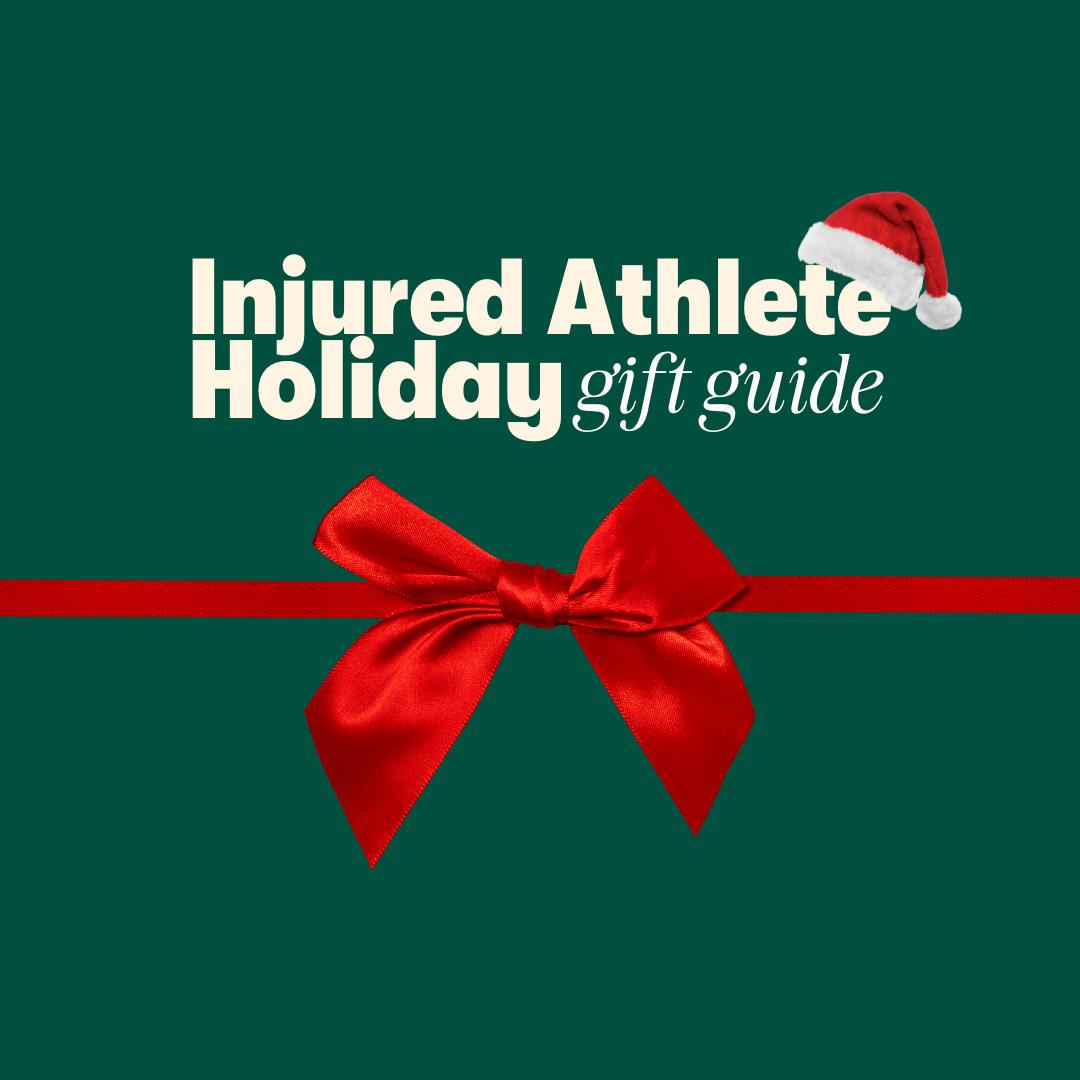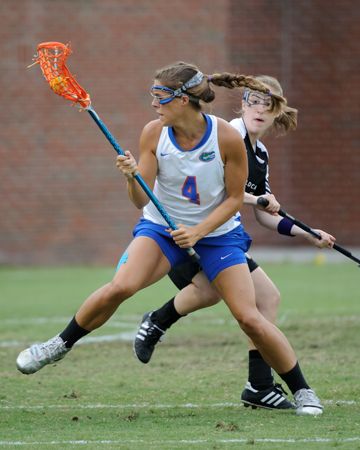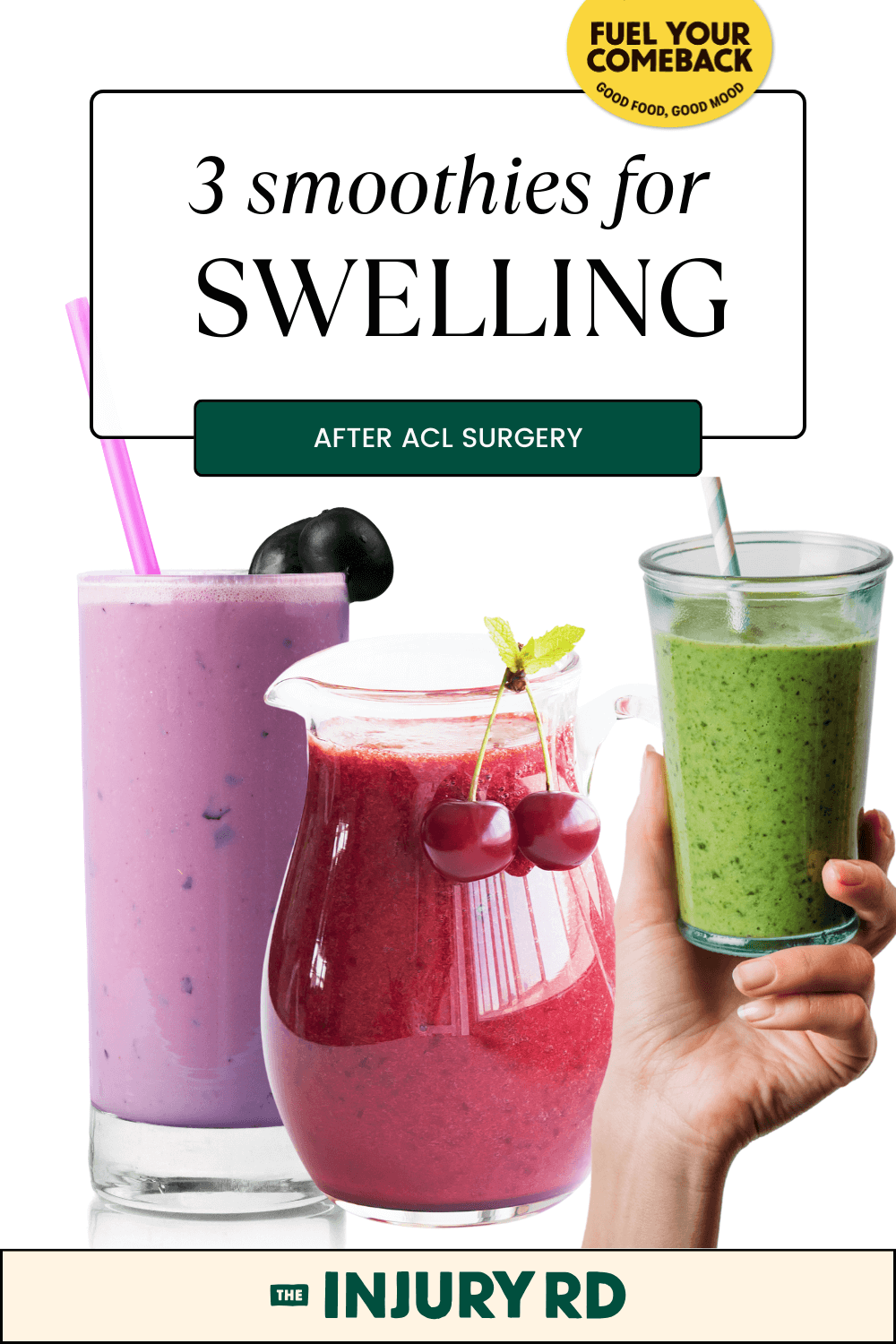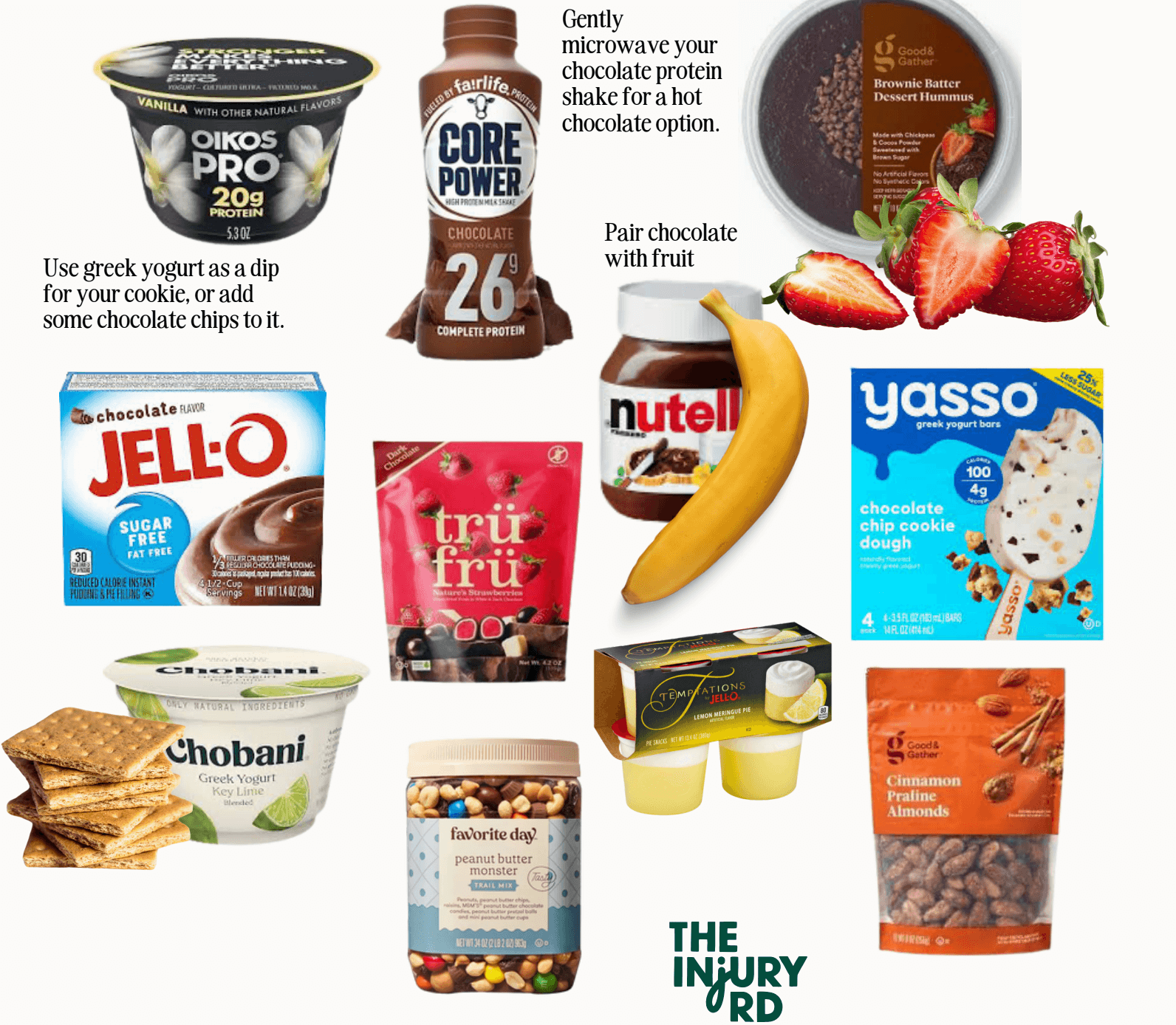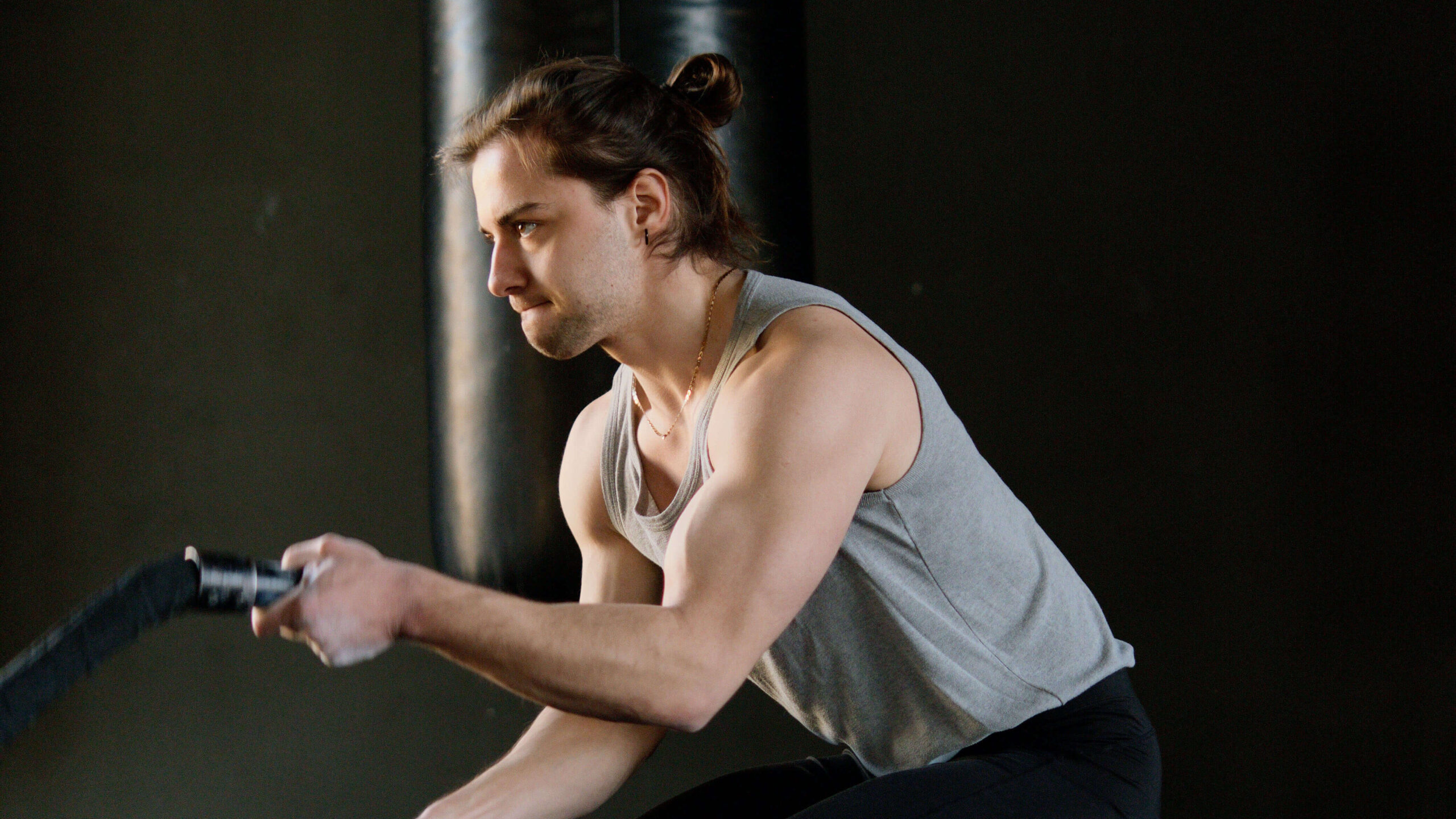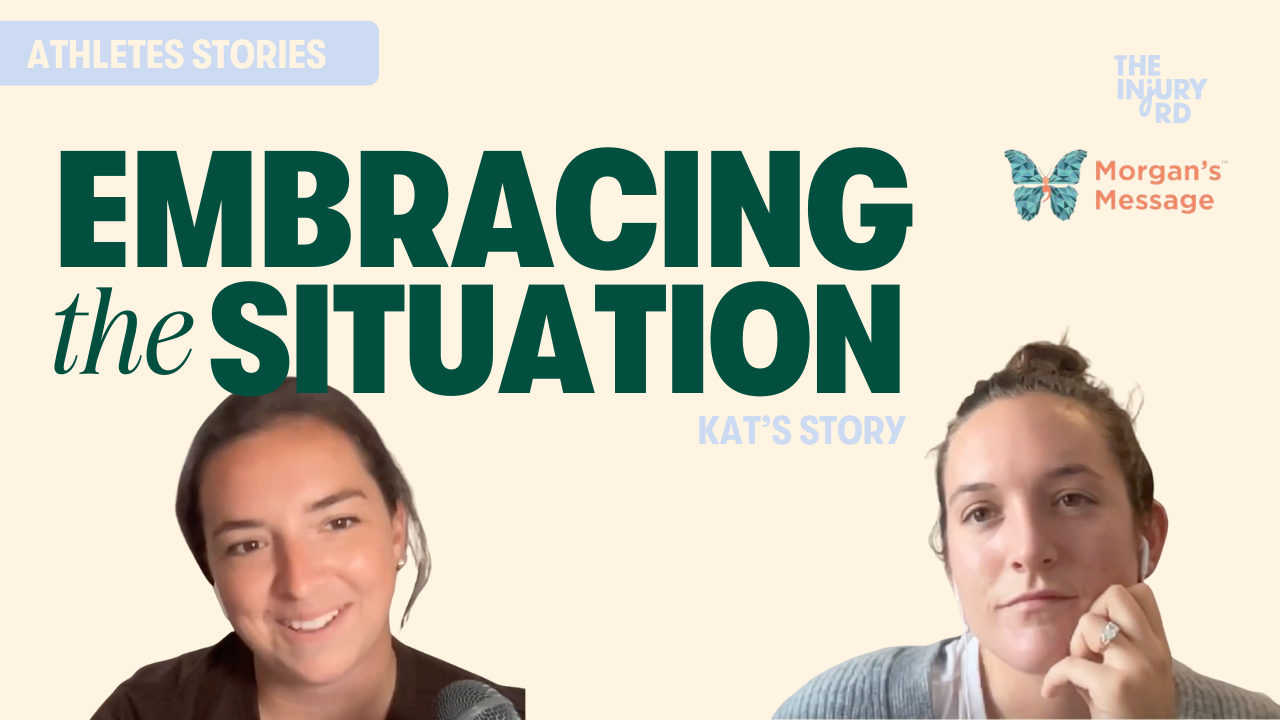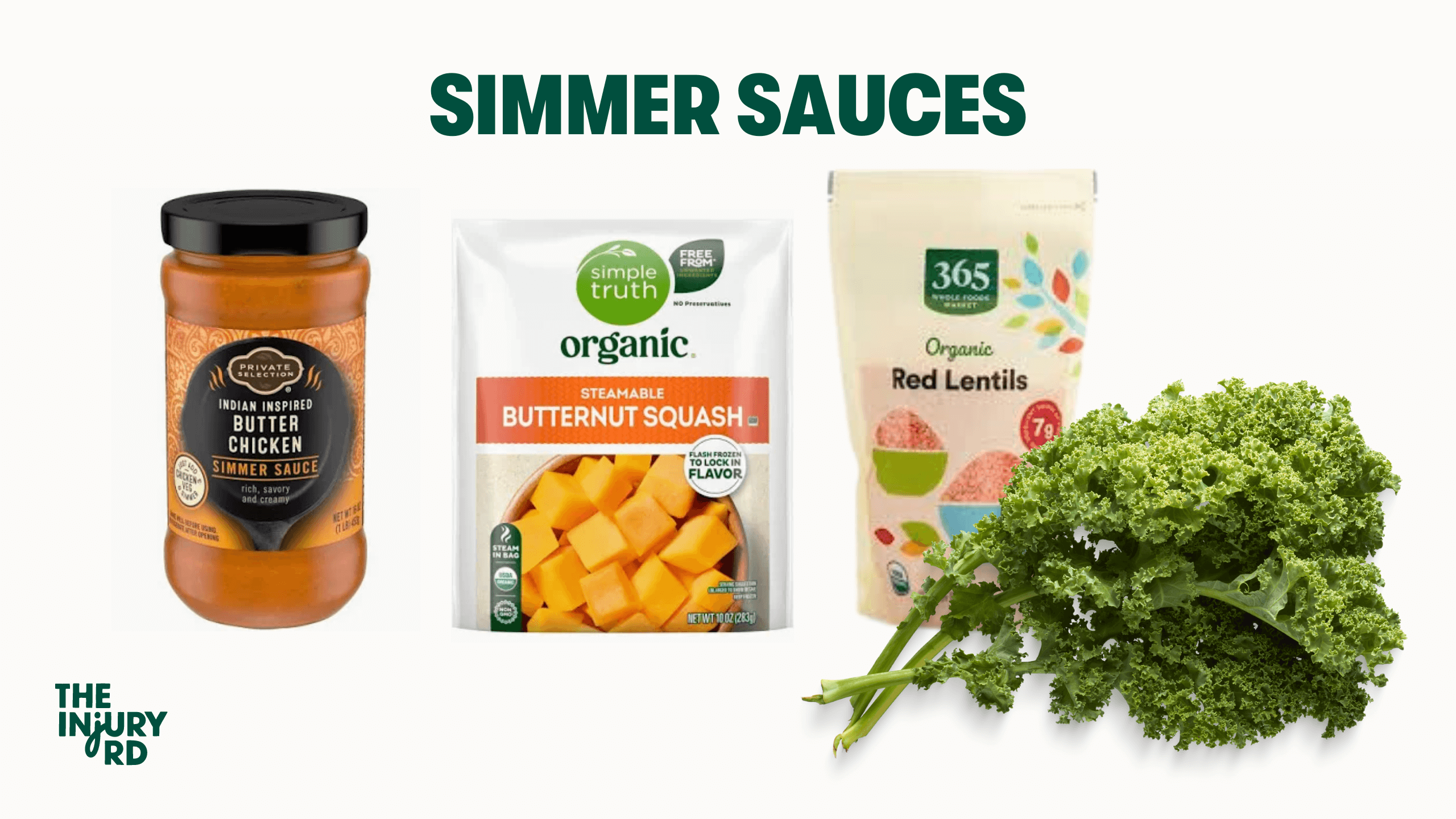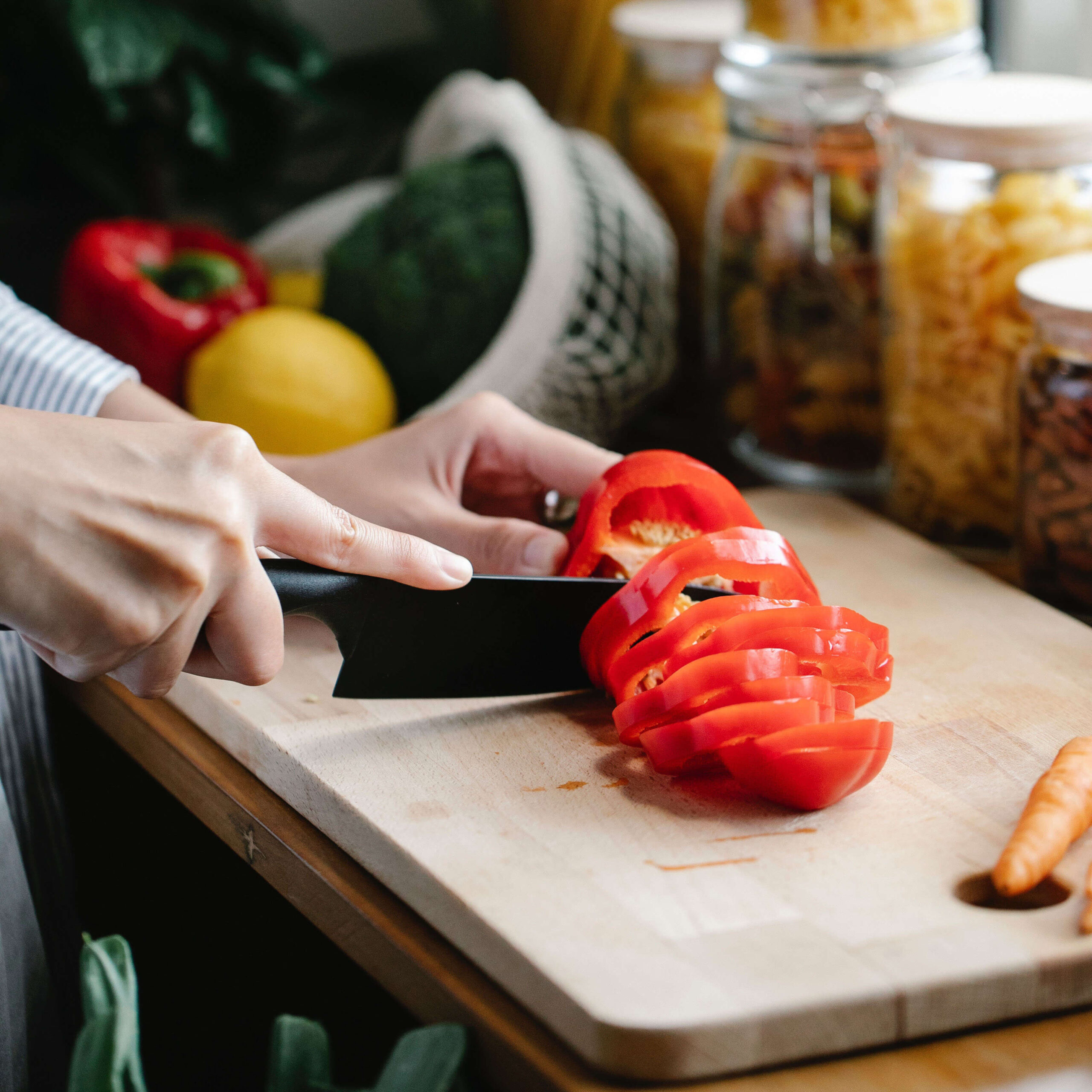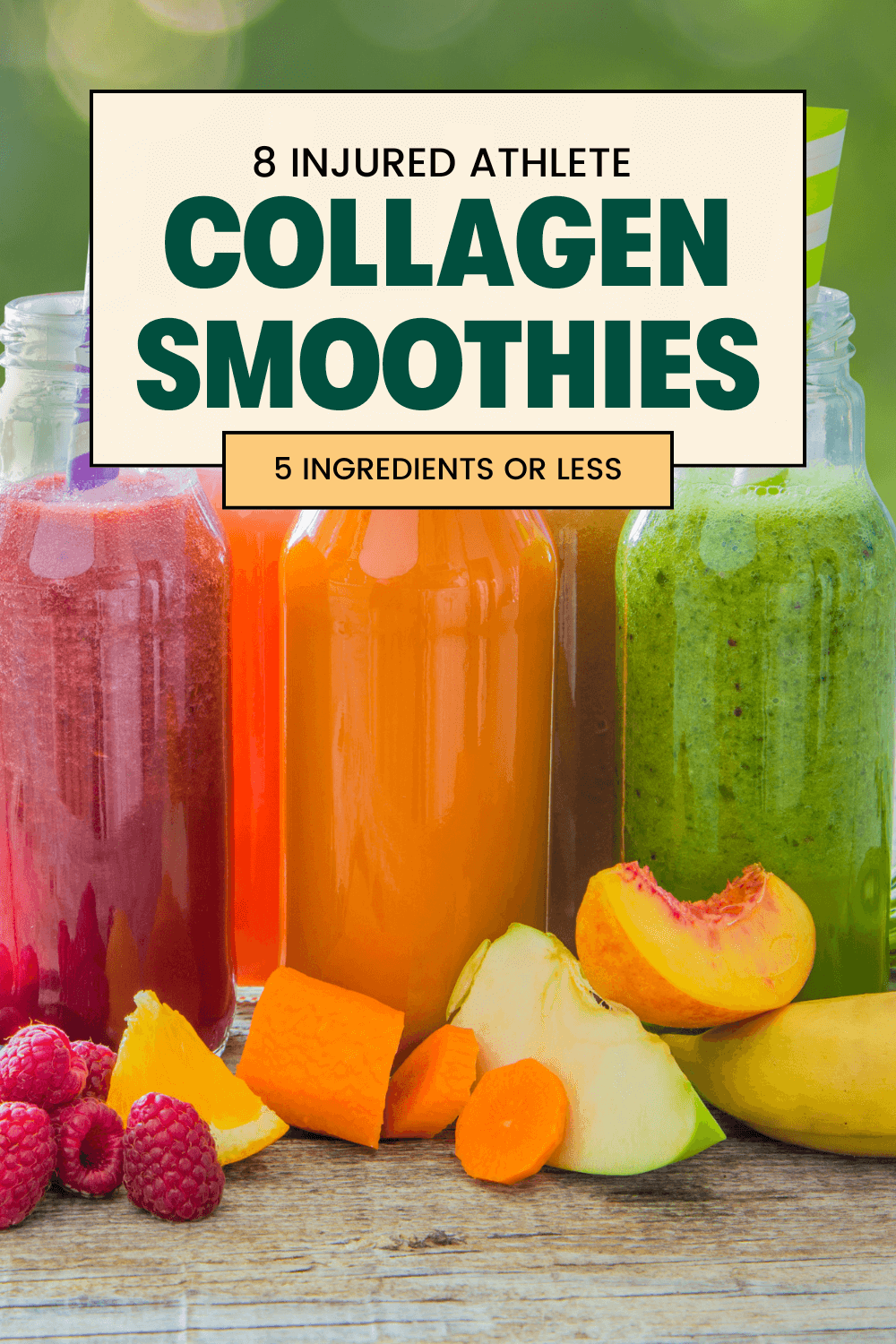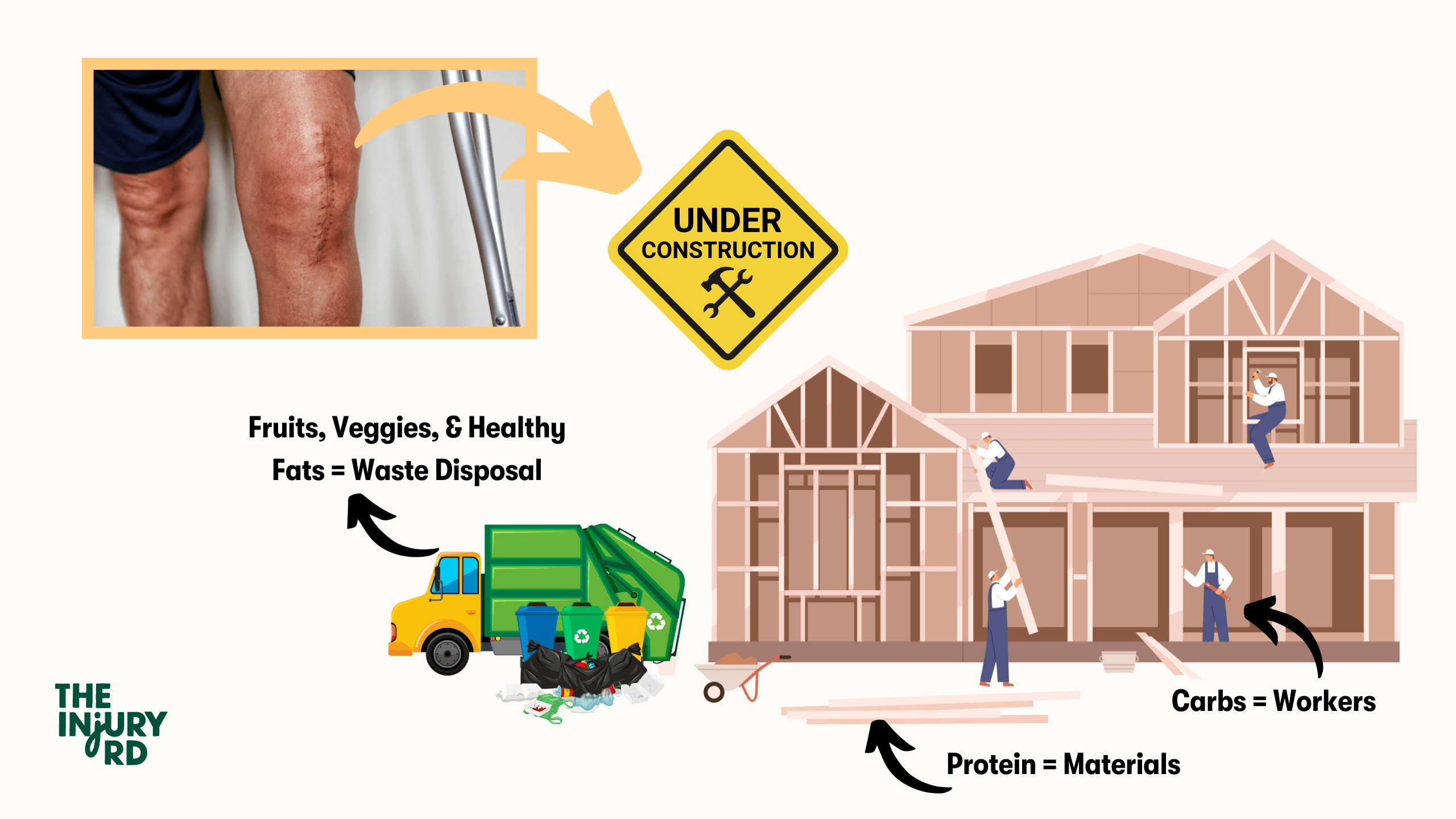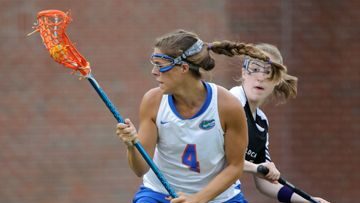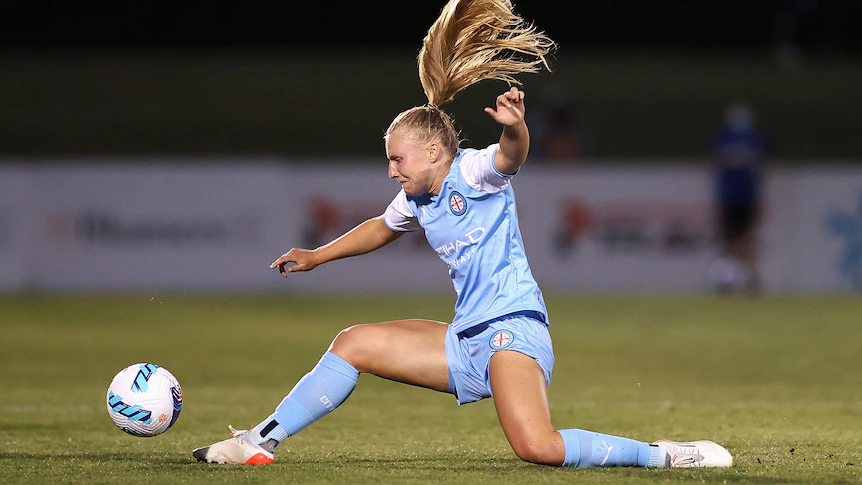
The number one question I get as a dietitian for injured athletes is: What do you think about collagen?
Some research tells us it’s helpful. Some tells us it’s not doing anything. It’s definitely not hurting, so I used to encourage my athletes that if they felt financially and physically able, go for it.
More and more lately, my answer is: “Don’t worry about it.”
Here’s why:
- It’s distracting you from higher quality protein sources.
Some background first: Collagen is a type of protein. It’s made of amino acids. More importantly here, it’s made of a few amino acids, not all of them. It is an incomplete protein. MOST importantly here, it’s missing a key amino acid that we really care about in rehab: leucine.
Leucine is the key to turning on your muscle-building signal. AKA an important f*cking key when we don’t have access to our best “key”: lifting heavy weights.
Most rehab athletes are not eating enough protein. Swapping your collagen mix with whey protein powder provides an extra opportunity for protein intake, while providing the same amino acids as collagen, plus some more important ones.
- Most of you are taking it wrong, anyway.
Collagen supplementation is a bit of a finnicky fiddle. The research that indicates a collagen supplement may be helpful shows you need at least 15g of collagen, with vitamin C, about 30-60 minutes before your workout or your PT.
Most of us aren’t getting that timing correctly, which is the main issue here, but I can also pick a bone with some of the trends around collagen lately. Collagen gummies are fun, but they aren’t providing enough collagen, not even close. Most have 0.1g. (Less than 1% of our goal…) And, it’s up in there air about whether adding it to coffee “ruins” it or not, but there is some small evidence that too much caffeine can interrupt collagen formation; that very important thing you want to happen for your new ACL. So I don’t love encouraging that method. (For my researchers here, the evidence is limited to a few papers in petri dishes, so emphasis on “some small” evidence.)
So lately, my answer to this question has been: There are more important things to worry about first.
- Are you eating enough?
- Are you eating quality protein sources and spreading them evenly throughout the day?
- Are you including fruits, veggies, anti-inflammatory fats, carbs, and fiber?
- Are you including foods you enjoy and feeling comfortable around food after your injury?
- Are you fueling your body and feeling at peace with it during rehab?
If you’re struggling to answer those questions, shoot me a message, or check out the Nutrition Essentials Masterclass.
